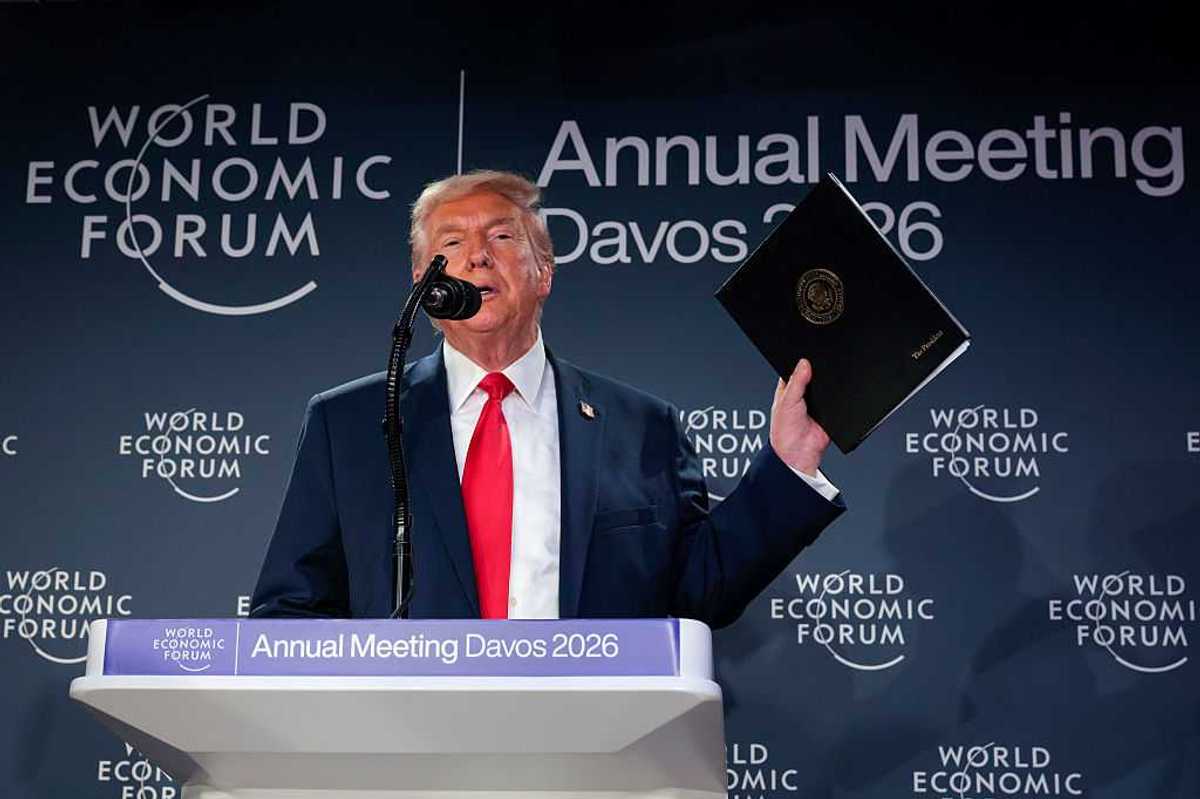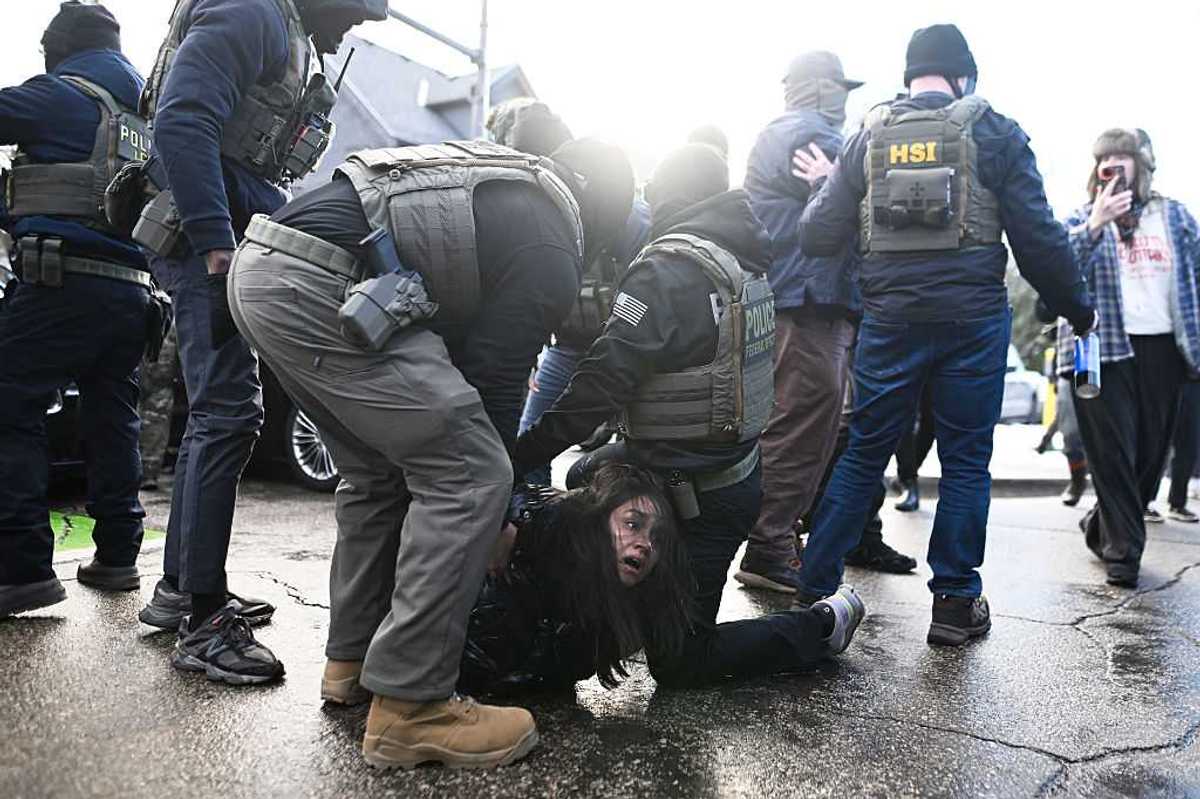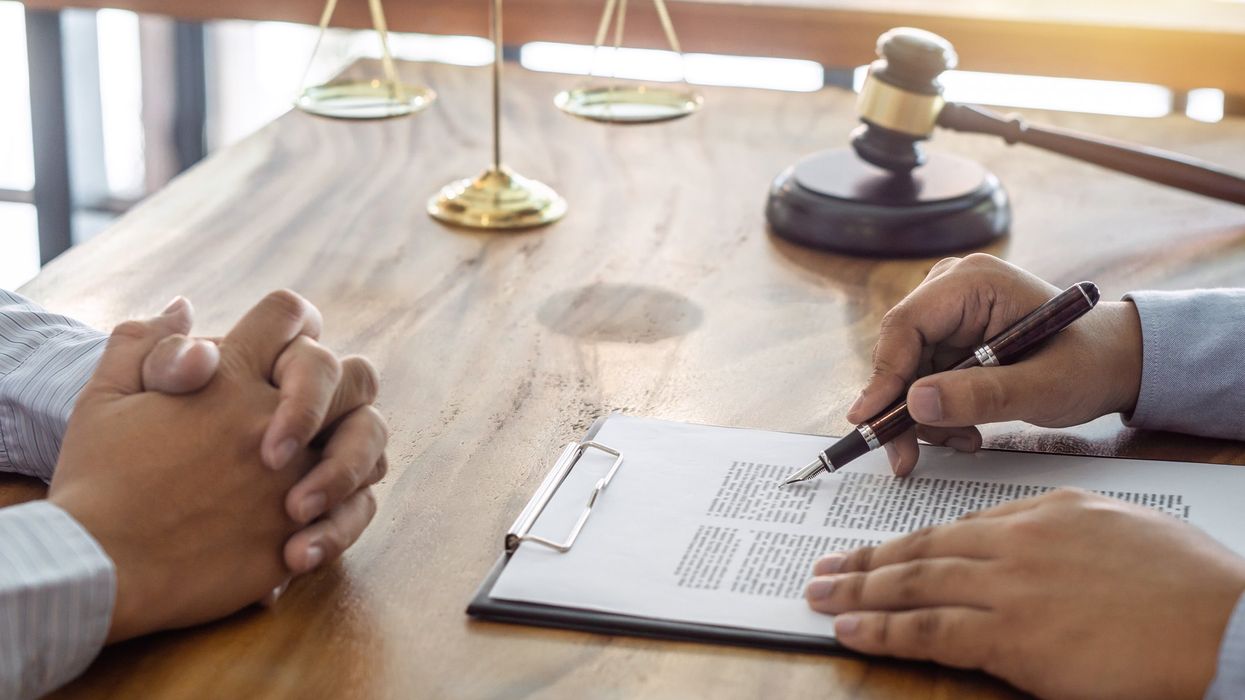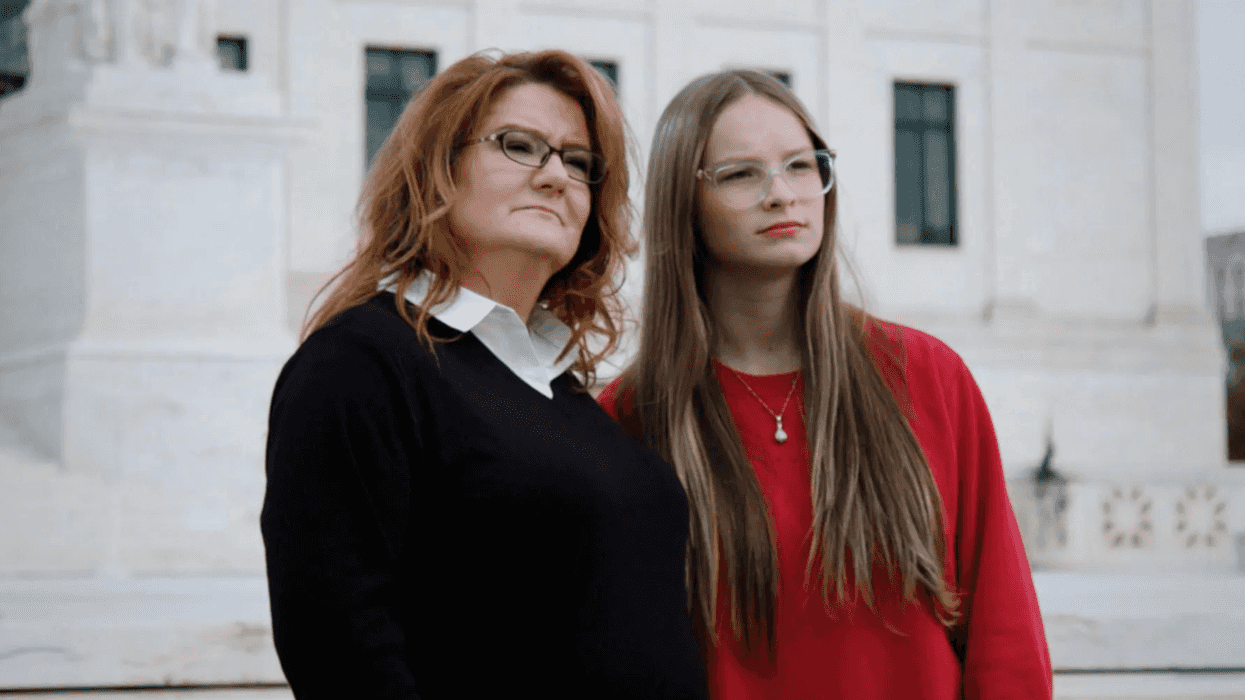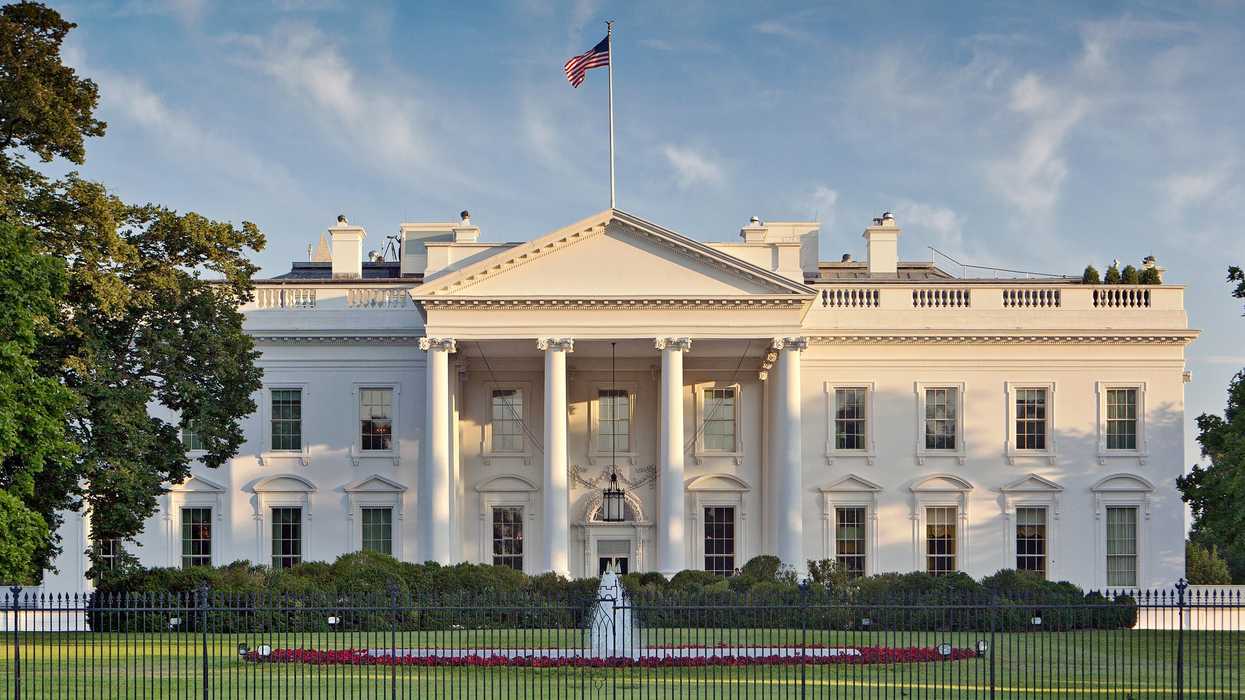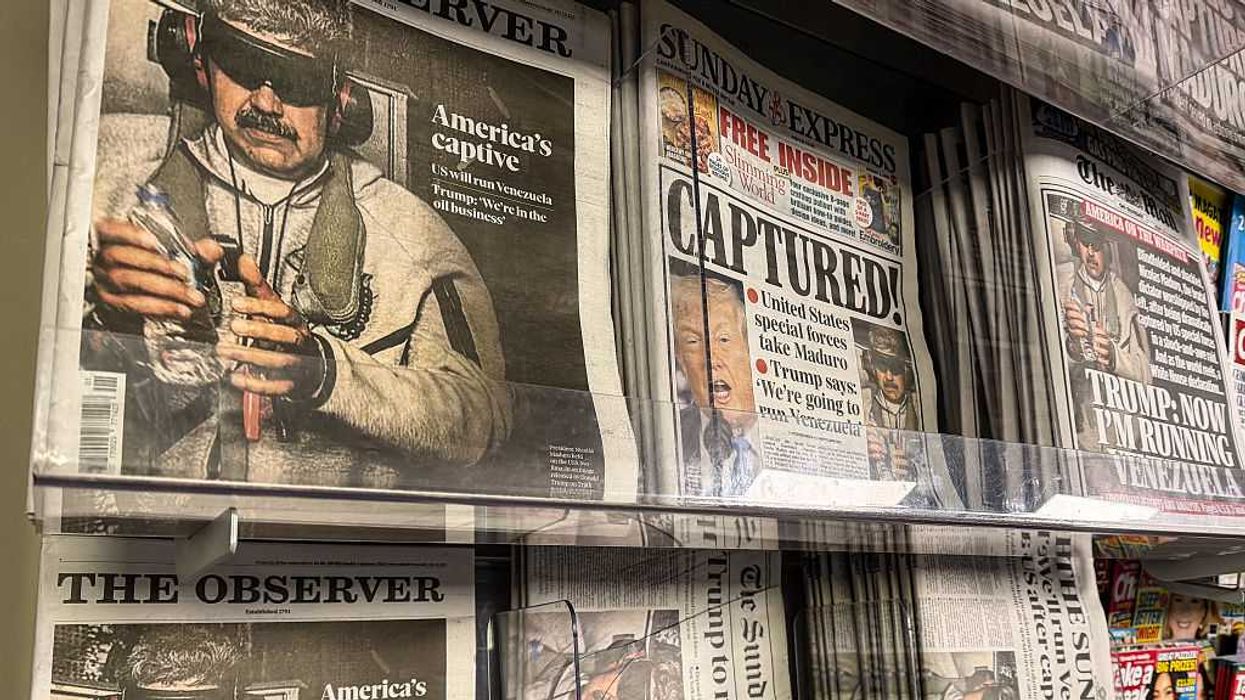In an era marked by increasing legal challenges, We The Action is connecting tens of thousands of volunteer lawyers with nonprofits to deliver free legal services to immigrants, federal workers, voters, and others.
The organization was founded in 2017 after President Donald Trump signed an executive order banning refugees and immigrants from seven predominantly Muslim nations from entering the country for 120 days. Executive Director of We The Action Anna Chu said they have grown into a national network of over 54,000 lawyers, who have provided over $380,000 of free legal assistance to 700 nonprofits.
“We The Action is committed to expanding access to justice and delivering free legal services where they are critically needed,” Chu said.
We The Action’s website also states that they believe lawyers have the power to “do good” because of their ability to defend the nation’s values in the court of law.
Deportations or lay offs typically fall under civil legal problems, meaning they typically do not involve criminal charges but still have consequences. According to The Hague Institute for Innovation of Law, Americans have more than 150 million new civil legal problems every year, with 120 million of these going unaddressed. Other research also shows that only 14 percent of civil justice problems are taken to court or a hearing body.
Also, per the Legal Services Corporation, Americans with low income receive no or “inadequate” legal help in 92 percent of all legal problems.
Chu said We The Action works to support immigrant communities, like people seeking asylum like asylums or refugees, by finding nonprofits “defending” immigrant communities. She added that lawyers help people with the immigration system, reuniting families, and more.
One way that lawyers are connected with immigrant communities is through postings on We The Action’s website under the immigration section. Currently, postings include one from Hands United—which works to decrease the prevalence of language deprivation among hard-of-hearing children in immigrant families—for helping a Colombian family with a deaf child “fight” for asylum. Another post, by the Asian Women’s Shelter, which supports survivors of domestic violence and oppression in Asian and other communities, calls for California-based divorce and family attorneys. There is also a space on the website to get updates on future postings.
“We are facing unprecedented attacks on the rule of law,” Chu said. “And despite the uncertainty this brings, We The Action’s community of lawyers are poised to meet the moment.”
Under the first Trump administration, America saw the lowest number of migrants come to approximately 411,000. When President Joe Biden took office in 2021, immigration reached its highest in the 2000s at approximately 3.3 million in 2023. Since Trump has taken office again, immigration has dropped to approximately two million as of April 2025, according to The Brookings Institution.
Within Trump’s first week of office, he increased the number of active duty troops to the southern United States border by 1,500, for a total of 4,000 troops—a 60 percent increase. Through an executive order, he also halted the processing of all undocumented migrants and asylum seekers into the U.S., among other actions.
According to the Pew Research Center, 32 percent of Americans think all immigrants illegally in the country should be deported. This is compared to 51 percent, who stated that some should be deported. And 97 percent of those individuals said someone should be deported if they previously committed a violent crime.
Chu added that with these "unprecedented threats,” We The Action launched the Immigration Legal Response Center for volunteer lawyers to protect immigrant communities under threat.
We The Action is also supporting federal workers who have been laid off under the Trump administration’s policies. In 2025, Chu said that We The Action partnered with the AFL-CIO, the American Federation of Government Employees, the National Federation of Federal Employees, the American Constitution Society, Democracy Forward, the Partnership for Public Service, and others to launch Rise Up: Federal Workers Legal Defense Network and connect federal workers with critical legal resources.
Rise Up gives those laid off access to free initial legal consultations with federal workers recently laid off. It also allows lawyers to sign up to volunteer and help laid-off federal workers.
According to reporting from the HuffPost, since Trump took office, nearly 150,000 federal workers have been laid off. Trump’s administration also established the Department of Government Efficiency, whose objective is to cut excess regulation and spending, modernize technology, and maximize productivity.
The LA Times also reports that the civil service system, which We The Action assists, was not set up to deal with all these layoffs in a short period of time.
“Our lawyers have the power to support federal workers and protect the stability and integrity of federal institutions,” Chu said.
But federal judges have already blocked the Trump administration from laying off federal workers, citing a number of legal reasons. U.S. District Judge Susan Illston blocked the Trump administration from moving forward with its plan to lay off federal workers from more than 20 different agencies.
Illston wrote in her ruling that presidents do not have the authority to change federal agencies unless they have obtained approval from Congress. She also added that nine presidents over the last century have changed federal agencies only after getting approval.
Besides assisting in federal layoffs, Chu also said that We The Action advances racial justice and protects voting rights in a number of ways. Looking forward, Chu said they will continue their mission.
“We will continue to meet the moment by expanding our technology and platform, meeting needs of vulnerable communities, protecting the rule of law, and defending democracy,” Chu said.
Maggie Rhoads is a student journalist attending George Washington University School of Media and Public Affairs. At The Fulcrum, she covers how legislation and policy are impacting communities.
Maggie was a cohort member in Common Ground USA's Journalism program, where Hugo Balta served as an instructor. Balta is the executive editor of the Fulcrum, and the publisher of the Latino News Network.
The Fulcrum is committed to nurturing the next generation of journalists. Learn more by clicking HERE.



